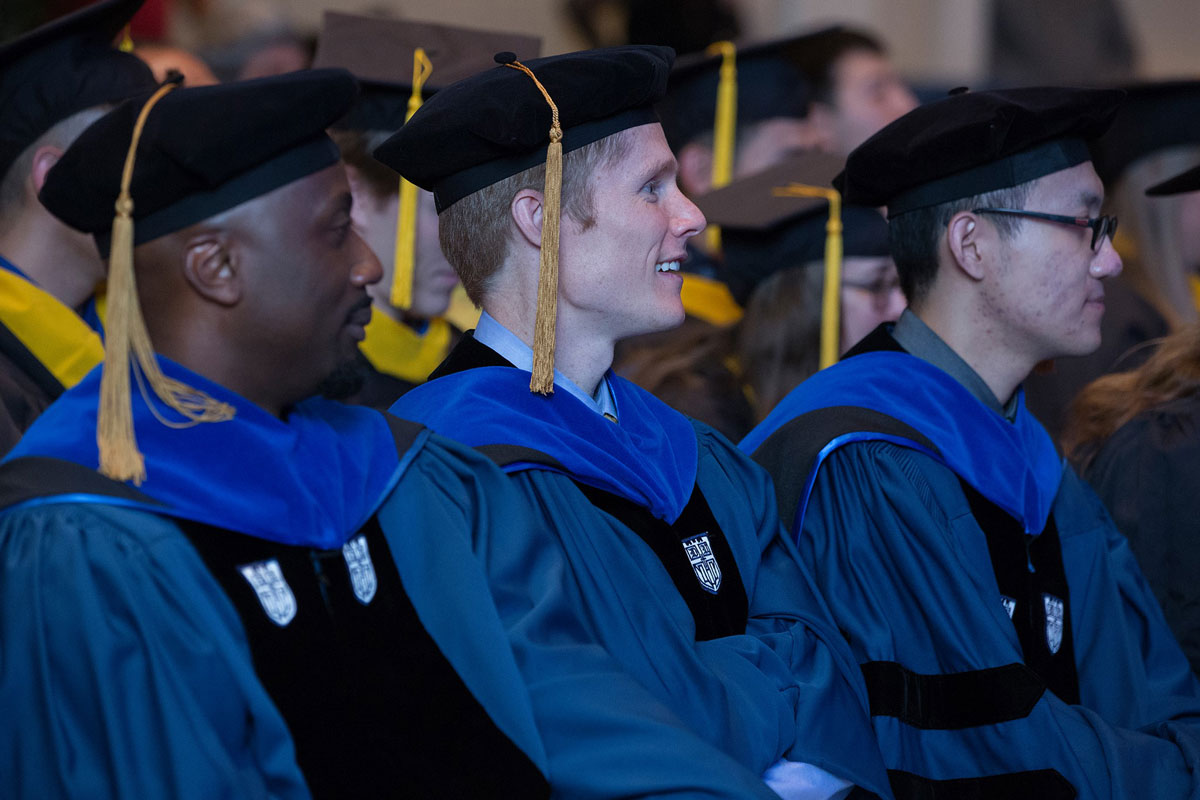Duke Kunshan University (DKU) stands at the confluence of Eastern and Western educational paradigms, carving out a distinctive niche in the field of medical physics. Situated in China’s Jiangsu province, this institution brings together a rich tapestry of cultural heritage, cutting-edge technology, and a profound commitment to academic rigor. DKU’s Medical Physics Program represents a forward-thinking endeavor, aiming not only to educate but also to innovate—shifting paradigms while illuminating uncharted territories within the domain of medical physics.
The significance of medical physics has grown exponentially in recent years, particularly in the nexus of healthcare and technological advancement. As the utilization of advanced diagnostic and therapeutic technologies expands, the need for skilled professionals to navigate this complexity becomes evident. DKU’s program is meticulously designed to fulfill these pressing demands while fostering a transcultural understanding of medical physics. This educational initiative aims to produce graduates who are not only adept in scientific principles but also versatile in applying them across diverse healthcare settings.
The curriculum of DKU’s Medical Physics Program is comprehensive, encompassing foundational topics such as radiation physics, medical imaging, and radiation oncology. Students engage with theoretical concepts while also participating in hands-on training, thus bridging the gap between academia and practical application. Experiential learning is underscored by state-of-the-art resources and facilities, allowing students to immerse themselves in an environment that encourages experimentation and innovation.
One striking aspect of the program is its commitment to fostering a global perspective. The collaborative nature of DKU allows for the integration of Western pedagogical practices with Eastern methodologies, thus cultivating a unique educational ethos. Students are exposed to a curriculum that emphasizes critical thinking, interdisciplinary collaboration, and problem-solving—skills that are indispensable in the rapidly evolving field of medical physics.
Moreover, DKU’s partnerships with local hospitals and healthcare institutions present students with invaluable opportunities for research and internship experiences. These affiliations not only facilitate the application of theoretical knowledge in real-world scenarios but also enable students to grasp the nuances of healthcare delivery within different cultural contexts. As a result, graduates emerge with a profound understanding of the global healthcare landscape, equipped to contribute meaningfully across borders.
The program is further distinguished by its emphasis on research and innovation. Faculty members are engaged in pioneering studies that address pressing challenges within the field. These research endeavors range from exploring the intricacies of radiation therapy techniques to harnessing artificial intelligence in medical imaging. Such initiatives not only advance scientific knowledge but also contribute to the overarching mission of improving patient outcomes—a mission that resonates deeply with aspiring medical physicists at DKU.
As the relationship between technology and healthcare continues to evolve, the curriculum remains dynamic. The faculty continually adapt their teaching methods and research focus to include emerging trends such as nanotechnology, personalized medicine, and data analytics in healthcare. This agility ensures that students are well-prepared to thrive in an environment characterized by rapid technological advancements and innovation.
In addition to the robust academic framework, the program prioritizes the development of soft skills, which are often overlooked in technical disciplines. Students are encouraged to engage in collaborative projects and participate in seminars that hone their communication and leadership abilities. By nurturing these competencies, DKU prepares its graduates to become not only proficient medical physicists but also influential thought leaders capable of driving change within the global health care landscape.
The cultural exchange inherent in DKU’s international environment adds another dimension to the learning experience. Interactions with peers from diverse backgrounds foster an appreciation for different perspectives and approaches to problem-solving. This diversity becomes a crucial asset, as the field of medical physics continues to necessitate collaborative efforts across geographical and disciplinary boundaries. Graduates leave DKU not only with a solid foundation in medical physics but also with a rich understanding of cultural nuances that will enhance their professional endeavors.
Looking towards the future, the promise of DKU’s Medical Physics Program is not merely academic. It signifies a shift in perspective—a recognition of the interconnectedness of global health challenges and the necessity for collaborative, innovative solutions. The program’s commitment to bridging East and West cultivates an enriched learning environment that empowers students to think critically and creatively as they navigate the complexities of medical physics.
In conclusion, Duke Kunshan University’s Medical Physics Program embodies a visionary approach to medical education, merging rigorous scientific training with a nuanced understanding of cultural interplay in healthcare. As students delve into this innovative arena, they are primed to become leaders who transcend traditional disciplinary confines. Through a synthesized educational experience, this program is poised to advance the field of medical physics in exciting, unprecedented ways, heralding a new era of integrated health solutions that reflect the dynamism of a globalized world.












